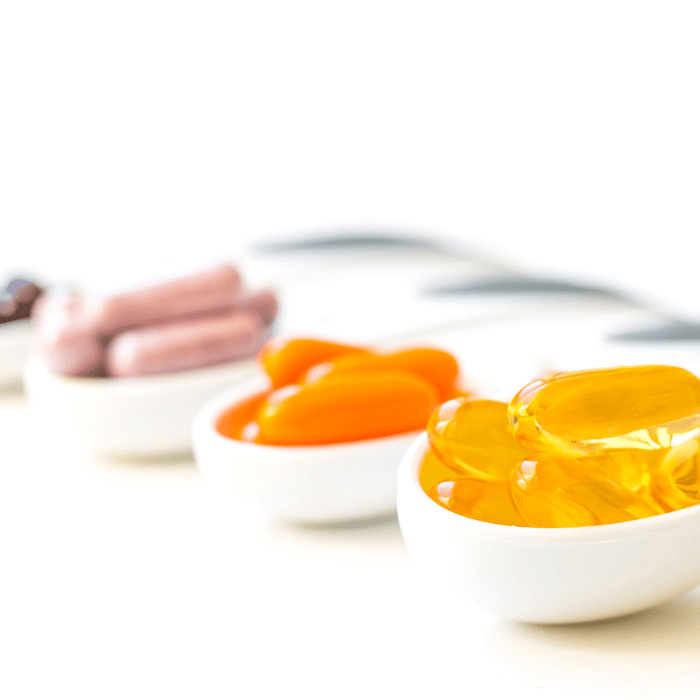Alcohol Consumption After Bariatric Surgery
Lifestyle
December 1st, 2020

Before surgery, you may have enjoyed a drink or two after a long day at work or during an evening out with friends. Unfortunately, these habits will have to change after your surgery. So what do you need to know about alcohol consumption after bariatric surgery?
There are a few reasons why this change is necessary. The first we will look at is the simplest. If you do drink, you know to never drink on an empty stomach. At the same time, one of the biggest rules after bariatric surgery is that you cannot eat while drinking. This can cause alcohol to be absorbed at an even faster rate. If there is nothing in the stomach to absorb the alcohol, you will feel the effects faster. This post-bariatric surgery guide is here to inform you of the increased effects of alcohol.
How Surgery Affects Alcohol Absorption
Let's look at the changes to anatomy that occur during surgery and how this affects alcohol sensitivity and absorption. When alcohol enters the stomach of someone with normal gut anatomy, some of it is metabolized in the stomach by the enzyme alcohol dehydrogenase. When a sleeve or a bypass is performed, these enzymes are altered or bypassed, which slows the metabolism of alcohol, while blood alcohol level increases at a greater rate. These facts make post-op patients more sensitive to the effects of alcohol.(1,2)
Because of the previously mentioned anatomy changes, it’s important for bariatric patients to take specific vitamins at specific doses. Alcohol can inhibit the absorption of vitamins, especially B vitamins. Because of this, vitamins such as thiamin and B12 are important micronutrients for bariatric patients to take. It’s unwise then to knowingly add alcohol to the mix when it can prevent these critical vitamins from being absorbed.
In addition to the previous reasons, it would be wrong not to mention the prevalence of food addiction in patients that have bariatric surgery—an addiction that can very easily be transferred to alcohol addiction. Food addiction can be transferred to other substances as well, but alcohol has a high prevalence. Approximately 14 percent of gastric bypass patients increase alcohol consumption after surgery. (3) Please be responsible, and abstain as often as possible.
Resources:
- West Virginia University School of Medicine. Alcohol Metabolism and Absorption. Available at: https://www.hsc.wvu.edu/som/cmed/alcohol/metabolism.htm.
- Buffington CK A review of alcohol absorption and metabolism in non-surgical and bariatric surgical patients. www.barimd.com, 2005.
- Simansky KJ. NIH symposium series: Ingestive mechanisms in obesity, substance abuse, and mental disorders. Physiol Behav 2005;86:1–4.
Vitamin B-12 Melts, 1,000 mcg

$17.99
Our supplement features the most bioavailable form of B-12—methylcobalamin—to optimize absorption and prevent deficiencies. Delivers 1,000 mcg of vitamin B-12 in less than a minute through the use of quick-melt technology. Also contains 333 mcg of folate. Available in great-tasting… read more


